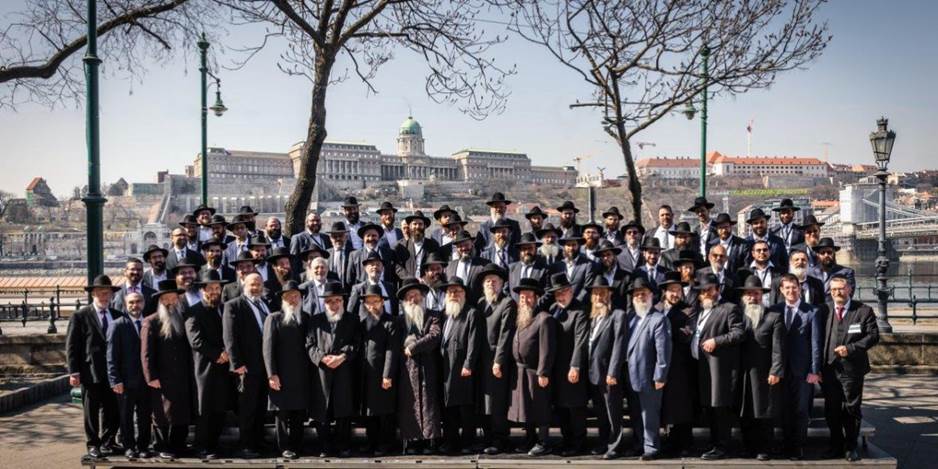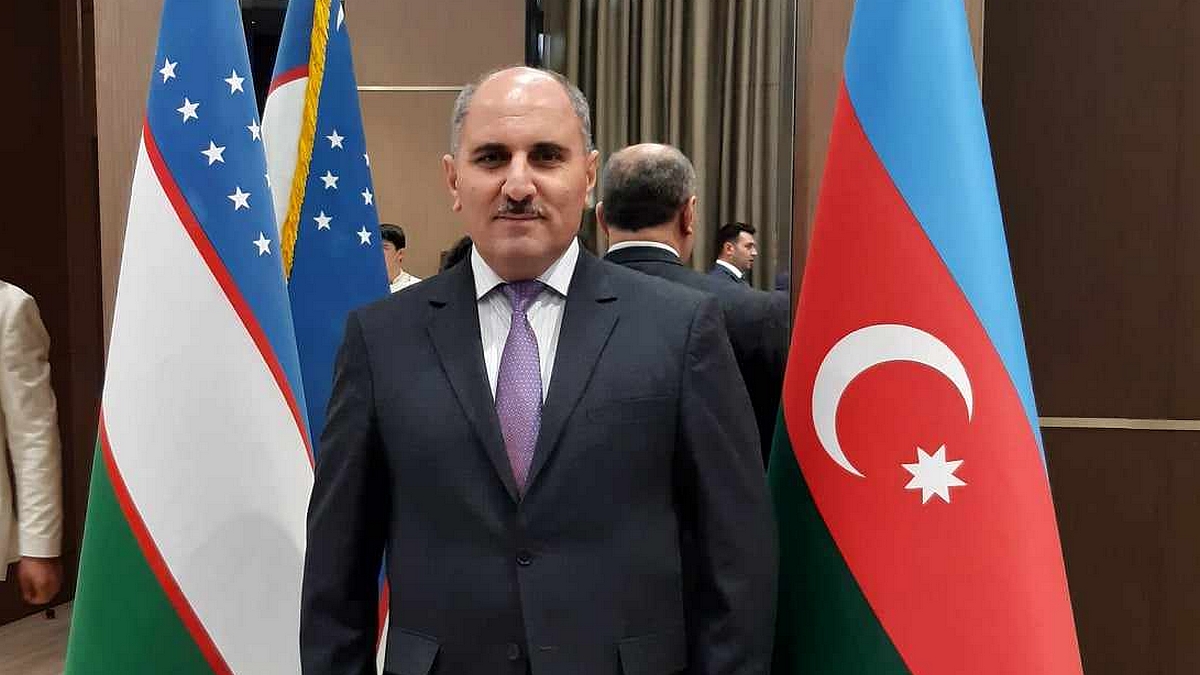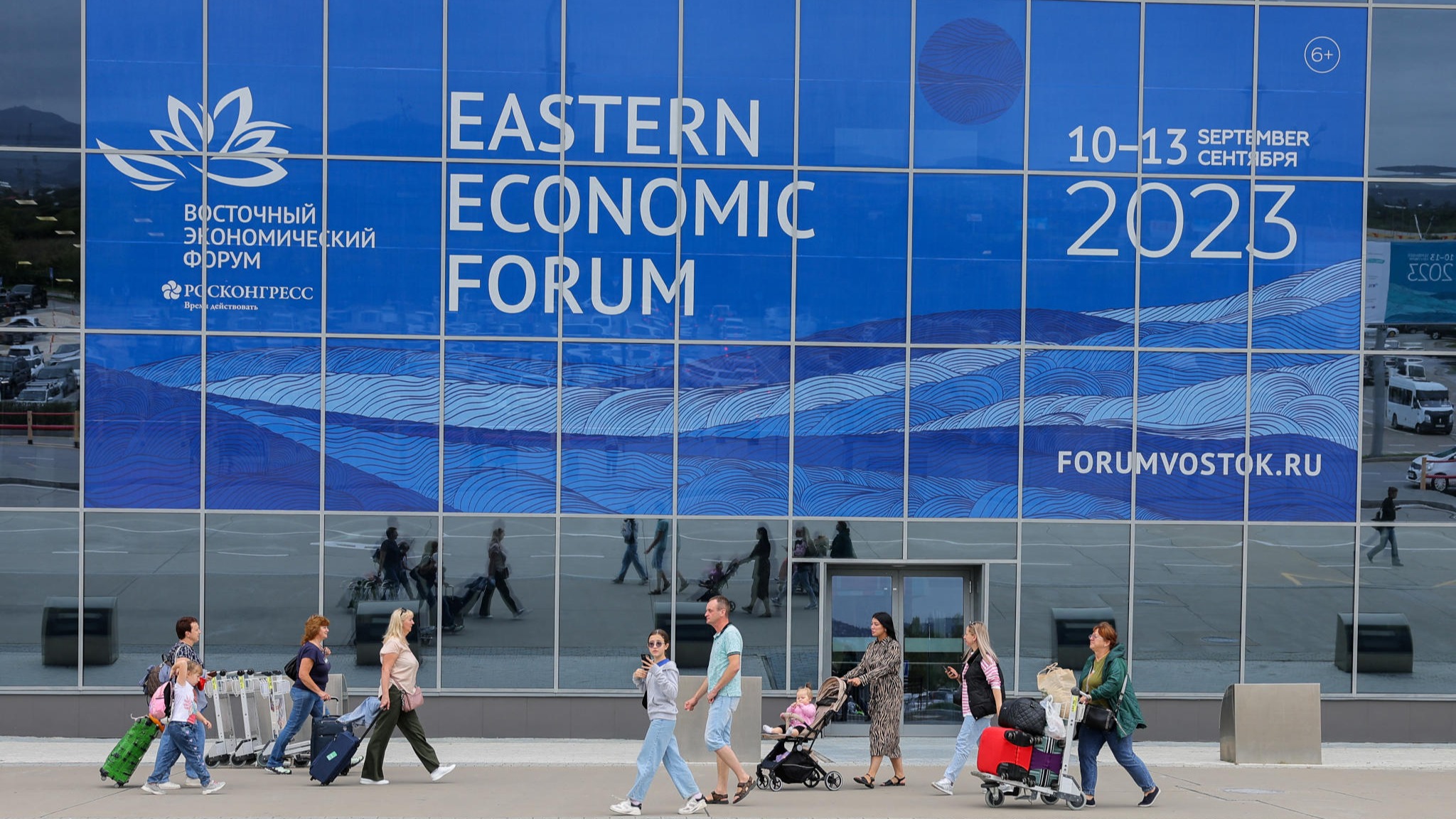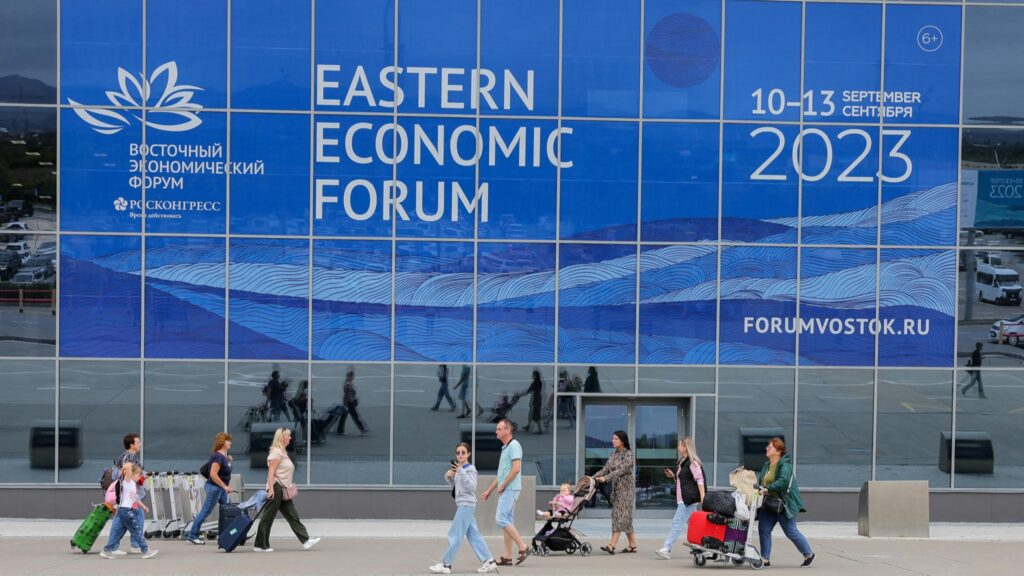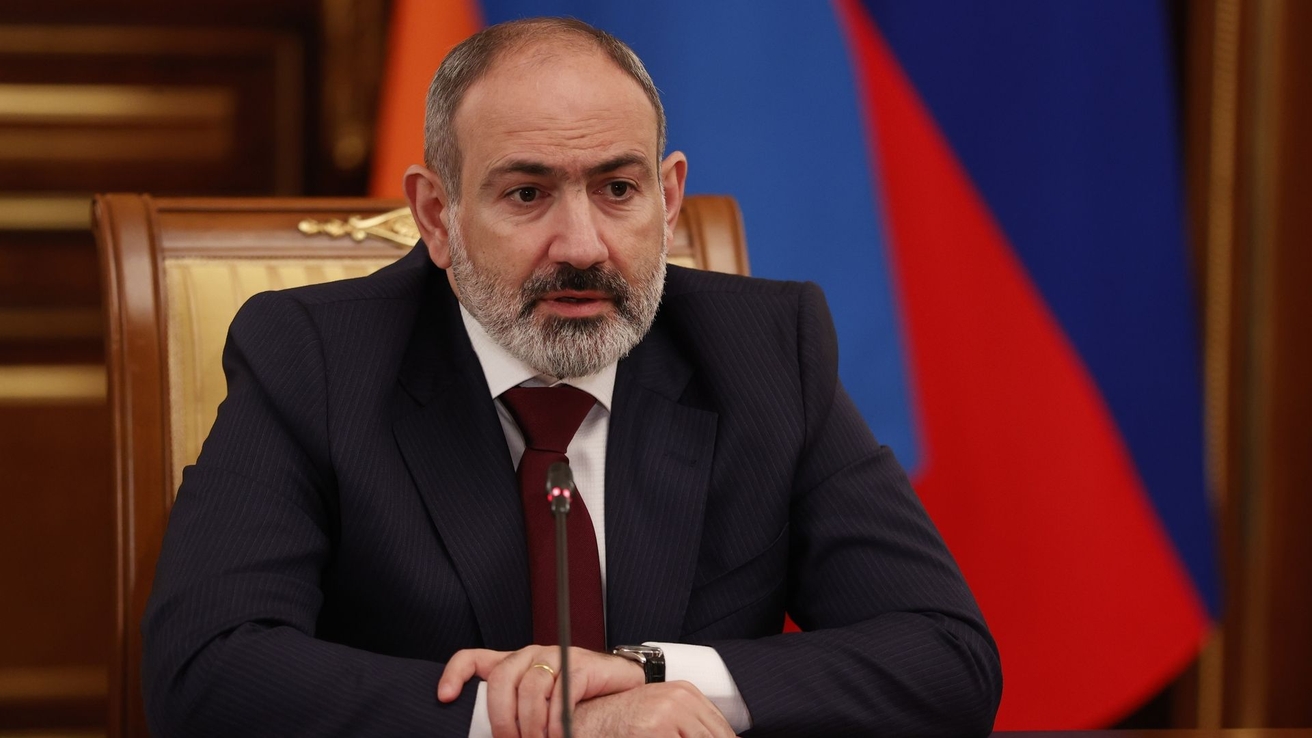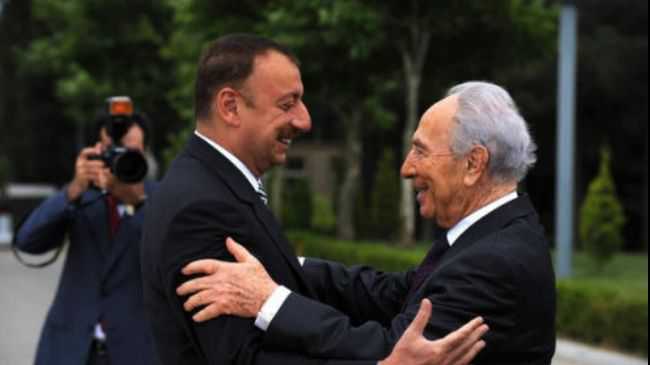Shortly after I wrote a column two weeks ago condemning European pro-Azerbaijan Rabbis for planning to hold their conference in Baku, I was pleasantly surprised to receive an email from 18 mostly Jewish prominent individuals, including eight righteous Rabbis, who condemned the trip to Azerbaijan and called for its cancellation.
In a letter addressed to the Chief Rabbi Sir Ephraim Mirvis of the UK, the 18 signatories wrote: “We earnestly seek to initiate dialogue with you to appeal the decision of the Conference of European Rabbis and ensure that this conference does not go ahead in a country that is so opposed to the core values of Judaism and the teachings of the Torah.” The letter quoted Prof. James Russell of Harvard University who recently wrote: “It takes bullets to kill people, but indifference pulls the trigger.”
The letter described “the grave humanitarian catastrophe unfolding in Artsakh” caused by Azerbaijan’s blockade of the Lachin Corridor, the only route linking Artsakh to Armenia, thus risking the starvation of 120,000 Artsakh Armenians. The letter stated that Azerbaijan is a country “widely recognized for having one of the lowest rankings in the world for upholding political rights and civil liberties.”
This group of righteous Jews wrote: “We are saddened that this prominent organization that represents so many Jewish people across Europe is, by choosing to host their conference in Baku, supporting the Azeri government rather than standing up for human rights and living and breathing the lesson of the Shoah — ‘never again’. While we acknowledge and appreciate the freedom that Jews can enjoy in Azerbaijan, the fact that these same inalienable rights do not extend to other minorities and religions in the country give us cause to worry about how long Jews will be able to enjoy freedom in what is otherwise a totalitarian government in the Muslim world…. Despite numerous international appeals and the decision of the International Court of Justice, the authorities of Azerbaijan have callously ignored calls to lift the blockade, disregarding the agreement signed in November 2020 by Azerbaijan, Armenia, and Russia regarding unimpeded traffic through the Lachin Corridor.”
The letter was signed by: Tamar Fyne, Seda Ambartsumian, Josh Kirk, Benjamin Nahum, Rabbi Avidan Freedman (Director of Yanshoof), Prof. Israel Charny, Dr. Oded Steinberg, Rabbi David Rosen, James R. Russell (Mashtots Professor of Armenian Studies, Emeritus, Harvard University), Scott Jason, Lernik Jason, Michael Stone, Rabbi Yehoshua Engelman, Rabbi Tyson Herberger (Associate Professor of Religion and Religious Education, University of South-Eastern Norway), Rabbi Shimon Brand, Rabbi Irving ‘Yitz’ Greenberg, Rabbi Chaim Seidler Feller and Rabbi Alana Suskin.”
In a separate statement issued jointly by Israel W. Charny and Rabbi Avidan Freedman was titled: “This Kosher certificate for Azerbaijan stinks.” They explained that the 50 European Rabbis, who had written to the leaders of Armenia complaining about Armenians using of the term genocide, “are being used by Azerbaijan to prove the government’s Kosher bonafides to the world, and to shut the world’s ears to the cries of the afflicted.”
Charny, the director of the Institute on the Holocaust and Genocide in Jerusalem, and Freedman, a Jerusalem-based educator and Orthodox rabbi, stated: We “say in the clearest terms possible that in our eyes, this rabbinic letter misrepresents the facts, misunderstands the fundamental moral significance of the Holocaust, and misses a major pillar of Jewish ethics.”
Charny and Freedman then enlightened the pro-Azeri Rabbis about the true meaning of the terms Holocaust and genocide: “In the Encyclopedia of Genocide, the word ‘holocaust’ was used to refer to the Armenian Holocaust in 1909, and even earlier in other contexts, and the word ‘genocide’ was coined in 1942 by a Polish Jewish lawyer, Raphael Lemkin, to describe the crime that had been committed against the Armenian people by Turkey, and that was then being committed by Germany against the Jews. The entry on the topic in the encyclopedia ends with the following conclusion: “the word (holocaust) belongs historically to all people’s suffering, and certainly that it not become a basis for excluding the suffering of any other people.”
Charny and Freedman described the pro-Azeri Rabbis “claim that any contemporary comparison of the suffering of people is a desecration of the holy memory of the Holocaust, and a belittling of the Jewish people’s suffering is itself an absurd desecration of Holocaust memory.”
Charny and Freedman explained that “What the European Rabbis letter does is to cynically weaponize the memory of the Holocaust in order to enable the infliction of mass suffering. After all, these rabbis do not deny that 120,000 residents of Artsakh are in danger of starvation because of the blockade imposed by Azerbaijan. They do not deny that Azerbaijan is using mass starvation as a tactic for political gain. But by silencing Armenian criticism of Azerbaijan’s actions, they are the ones who cynically use the ‘Holocaust card’ for political purposes.”
Charny and Freedman concluded their statement: “The decision of these rabbis to raise their voices on the side of the oppressor is a desecration of Holocaust memory and of Jewish values. In the spirit of this season of repentance, we call on the Conference of European rabbis, or at the very least, on individual rabbinic members of conscience, to have the moral courage to remember their rabbinic duty, and retract their decision.”

